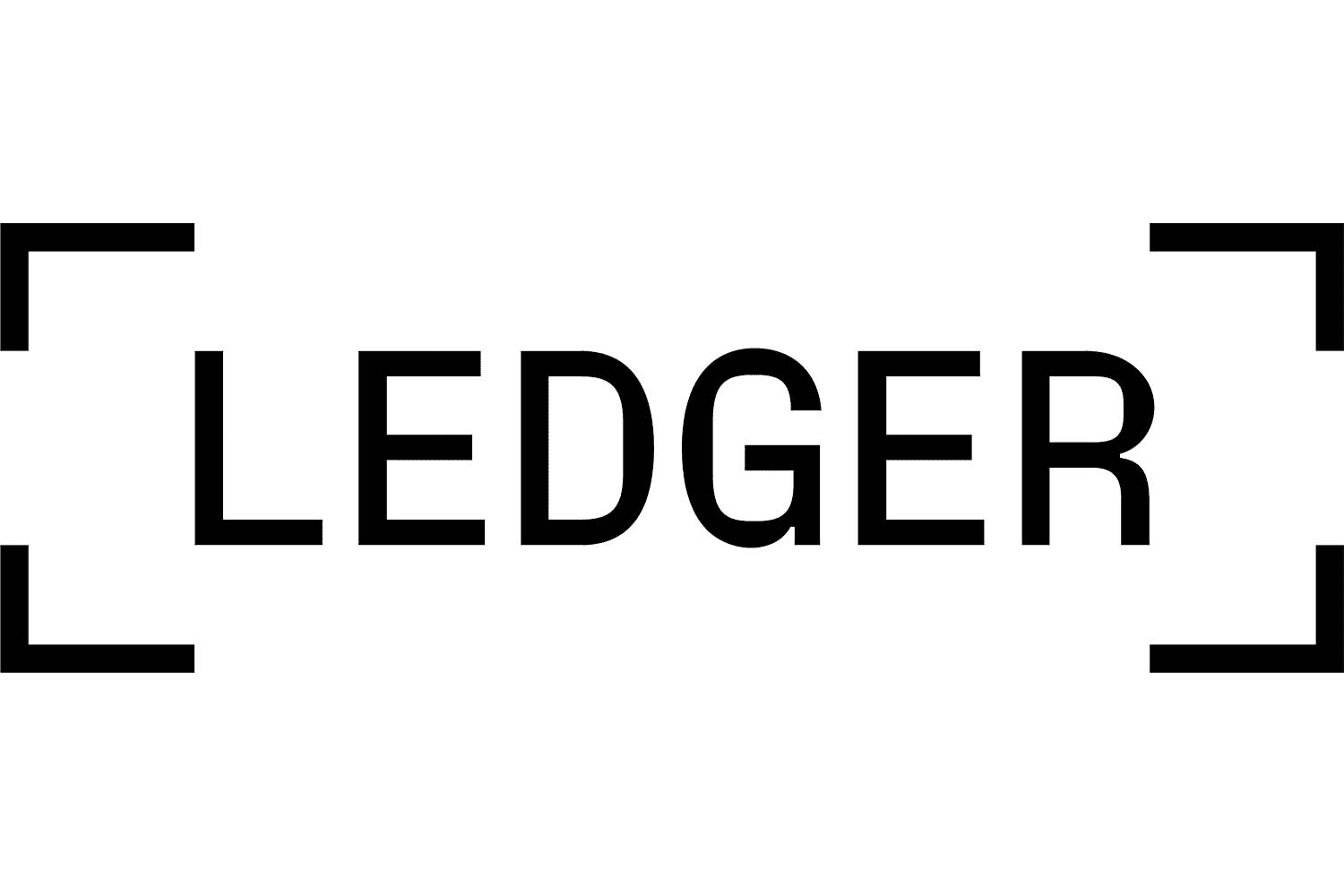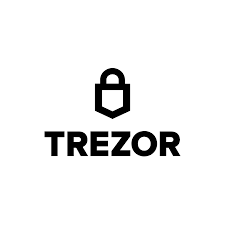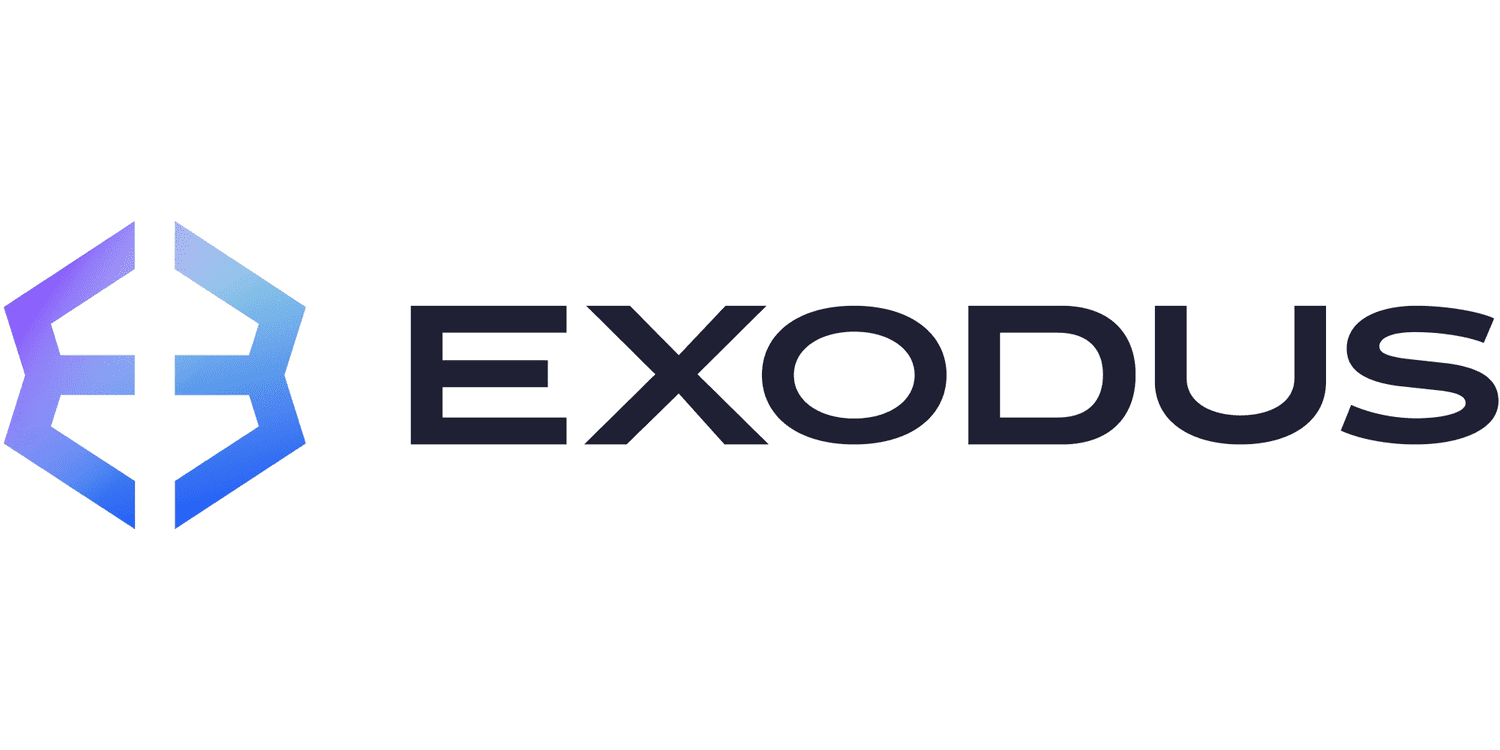Crypto wallets are essential tools for securely storing, sending, and receiving cryptocurrencies. They are categorized into hot wallets, which are online and more convenient, and cold wallets, which are offline and offer enhanced security. Hot wallets include mobile apps like Trust Wallet, web wallets like MetaMask, and desktop apps like Exodus, while cold wallets feature hardware devices like Ledger Nano X and Trezor or paper wallets.
As the world of cryptocurrencies continues to grow, understanding how to manage digital assets securely is crucial. Crypto wallets are essential tools for storing, sending, and receiving cryptocurrencies. In this article, we'll explore the different types of crypto wallets, how to set them up, their security features, and the process of sending money using them. We will also share must-to-do security measures, highlight some popular hot and cold wallets in the market of 2024 crypto ecosystem.

Types of Crypto Wallets
Crypto wallets come in two primary categories: hot wallets and cold wallets. The main difference between the two lies in their connection to the internet, which impacts their security and usability.
Hot Wallets:
These wallets are connected to the internet, making them more accessible and user-friendly for everyday transactions. They are often available as mobile apps, desktop software, or web-based platforms.
Examples:
- Mobile Wallets: Apps like Trust Wallet and Coinbase Wallet.
- Desktop Wallets: Software like Exodus and Electrum.
- Web Wallets: Platforms like MetaMask and MyEtherWallet.
Cold Wallets:
These wallets are not connected to the internet, making them significantly more secure but less convenient for frequent transactions. They are typically hardware devices or paper wallets.
Examples:
- Hardware Wallets: Devices like Ledger Nano S, Ledger Nano X, and Trezor.
- Paper Wallets: Physical printouts of your public and private keys.
Setting Up a Crypto Wallet
The setup process for a crypto wallet varies depending on the type, but generally follows these steps:
Hot Wallet Setup:
Mobile/Desktop Wallet:
- Download the wallet app from a reputable source (e.g., the official website or app store).
- Install the app and create a new wallet.
- Secure your wallet by setting up a strong password and backing up your recovery phrase (also known as a seed phrase).
- Your wallet is now ready to receive and send cryptocurrency.
Web Wallet:
- Visit the wallet's official website and create an account.
- Set up two-factor authentication (2FA) for added security.
- Secure your wallet by backing up your recovery phrase.
- Your wallet is now ready for transactions.
Cold Wallet Setup:
Hardware Wallet:
- Purchase a hardware wallet from a trusted manufacturer (e.g., Ledger, Trezor).
- Connect the device to your computer and follow the on-screen instructions to set up the wallet.
- Create a PIN and backup your recovery phrase.
- Disconnect the device after setup to ensure it remains offline.
Paper Wallet:
- Generate a new wallet using an offline generator.
- Print out the wallet’s public and private keys, and store them in a secure location.
- Do not store digital copies of your paper wallet to maintain its offline security.
Most Popular Cryptocurrency Wallets

- Type: Software Wallet (Browser Extension & Mobile App)
- Supported Cryptocurrencies: Ethereum (ETH) and ERC-20 tokens
- Features: MetaMask is widely used for interacting with decentralized applications (dApps) on the Ethereum blockchain. It provides a user-friendly interface for managing Ethereum-based assets and integrating with various DeFi platforms.
- Pros: Easy to use, integrates seamlessly with dApps, and allows for quick transactions.
- Cons: Being a hot wallet, it's connected to the internet, which makes it potentially vulnerable to online threats.

- Type: Mobile Wallet
- Supported Cryptocurrencies: Wide range including Bitcoin (BTC), Ethereum (ETH), Binance Coin (BNB), and various altcoins.
- Features: Trust Wallet supports multiple cryptocurrencies and has built-in support for DeFi and NFT marketplaces. It's the official wallet of Binance and allows users to store, send, and receive a variety of digital assets.
- Pros: Supports numerous cryptocurrencies, user-friendly, and includes built-in decentralized exchange functionality.
- Cons: Mobile-only, which may not be ideal for all users.

- Type: Hardware Wallet
- Supported Cryptocurrencies: Bitcoin (BTC), Ethereum (ETH), and many other altcoins.
- Features: Ledger hardware wallets are known for their high security, using secure elements to protect private keys. The Nano S is more basic, while the Nano X includes Bluetooth for wireless connectivity.
- Pros: High security, supports a wide range of cryptocurrencies, and works offline.
- Cons: Initial cost can be high, and the user experience can be more complex compared to software wallets.

- Type: Hardware Wallet
- Supported Cryptocurrencies: Bitcoin (BTC), Ethereum (ETH), and various other cryptocurrencies.
- Features: Trezor provides strong security features with its hardware devices. The Model T has a touchscreen, making it easier to use, while the Trezor One is more basic.
- Pros: Excellent security, user-friendly interface on the Model T, and supports many cryptocurrencies.
- Cons: Higher cost for the Model T, and some users may find hardware wallets cumbersome compared to software options.

- Type: Software Wallet (Desktop & Mobile)
- Supported Cryptocurrencies: Bitcoin (BTC), Ethereum (ETH), Litecoin (LTC), and many others.
- Features: Exodus offers an integrated exchange feature allowing users to swap cryptocurrencies directly within the wallet. It also provides a visually appealing interface and detailed portfolio tracking.
- Pros: Easy to use, built-in exchange feature, and supports a wide range of assets.
- Cons: As a hot wallet, it’s less secure compared to hardware wallets and might be more vulnerable to online threats.

- Type: Software Wallet (Desktop & Mobile)
- Supported Cryptocurrencies: Primarily Bitcoin (BTC).
- Features: Electrum is known for its speed and low resource consumption. It supports advanced features such as hardware wallet integration and customizable transaction fees.
- Pros: Fast, lightweight, and offers advanced features for experienced users.
- Cons: Limited to Bitcoin, and the interface may be less intuitive for beginners.

- Type: Software Wallet (Mobile)
- Supported Cryptocurrencies: Bitcoin (BTC) and some altcoins.
- Features: Mycelium offers robust privacy features, including local and remote hardware wallet support. It also provides advanced transaction options.
- Pros: Strong privacy features, advanced transaction options, and hardware wallet support.
- Cons: Mainly supports Bitcoin, and its advanced features may be overwhelming for beginners.
These wallets cater to different needs, from high security with hardware options to convenience with software solutions. Your choice will depend on your specific requirements, such as the types of cryptocurrencies you use, your security preferences, and whether you prefer mobile or desktop access.
Security Considerements of Crypto Wallets
Security is paramount in the world of cryptocurrencies. Here are some key security features and best practices:
Hot Wallet Security:
- Encryption: Ensure your wallet is encrypted with a strong password.
- Backup: Always back up your recovery phrase and store it securely offline.
- 2FA: Enable two-factor authentication to add an extra layer of protection.
- Phishing Protection: Be wary of phishing attempts; only use official websites and apps.
Cold Wallet Security:
- Offline Storage: Keep your hardware or paper wallet offline to protect against hacking.
- Secure Backup: Store your recovery phrase and private keys in a physically secure location, such as a safe.
- Regular Updates: For hardware wallets, ensure the firmware is up to date to protect against vulnerabilities.

What to Sending Money Using Crypto Wallets Involves
Sending cryptocurrency is a straightforward process but requires attention to detail to avoid mistakes:
Initiating a Transfer:
- Open your wallet and select the option to send cryptocurrency.
- Enter the recipient’s public address carefully. A small mistake can lead to the loss of funds.
- Specify the amount you want to send.
Transaction Fees:
- Crypto transactions require a fee, which varies depending on the network and wallet. You can usually choose between different fee levels—higher fees typically result in faster transactions.
Confirmation:
- Double-check all details before confirming the transaction.
- Once confirmed, the transaction is broadcast to the network and cannot be reversed.
Transaction Time:
- The time it takes for a transaction to be completed can vary depending on the cryptocurrency and the network’s congestion. Bitcoin transactions, for example, can take anywhere from a few minutes to an hour or more.
Popular Crypto Wallets, Hot and Cold: A Summary
Here’s a look at some popular options in the market:
Hot Wallets:
- Trust Wallet: A versatile mobile wallet supporting a wide range of cryptocurrencies.
- MetaMask: A popular web wallet for Ethereum and ERC-20 tokens, with a browser extension and mobile app.
- Coinbase Wallet: A user-friendly mobile wallet from the popular cryptocurrency exchange, Coinbase.
Cold Wallets:
- Ledger Nano X: A top-tier hardware wallet with Bluetooth connectivity and support for over 1,800 cryptocurrencies.
- Trezor Model T: A secure and user-friendly hardware wallet with a touchscreen interface.
- Paper Wallets: Best for long-term storage, but requires careful handling to avoid damage or loss.
Conclusion
Choosing the right crypto wallet depends on your specific needs, whether you prioritize accessibility with a hot wallet or security with a cold wallet. Understanding how to set up and secure your wallet is essential for safely managing your digital assets. As the cryptocurrency landscape evolves, staying informed about wallet options and security best practices will help you navigate this exciting space with confidence.









